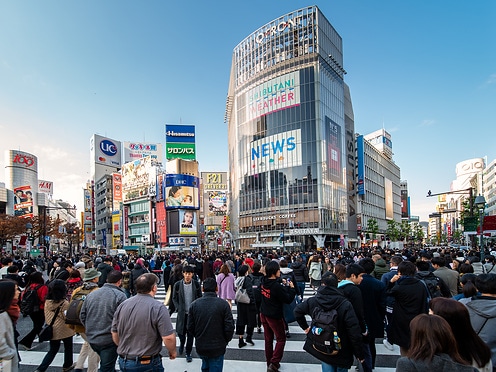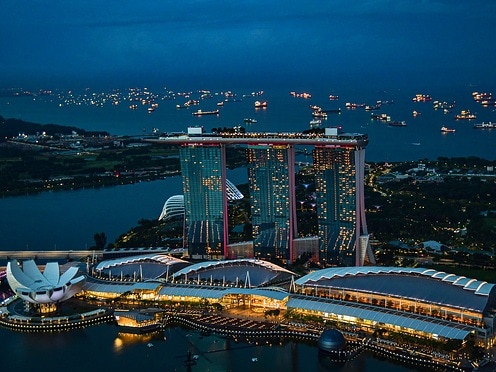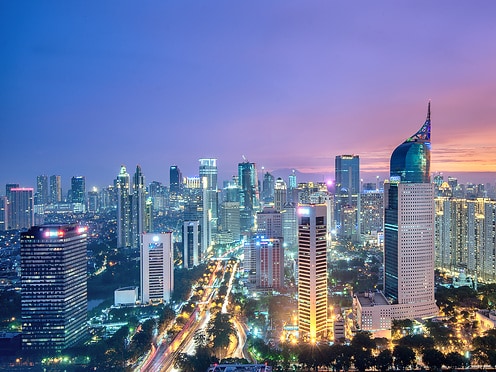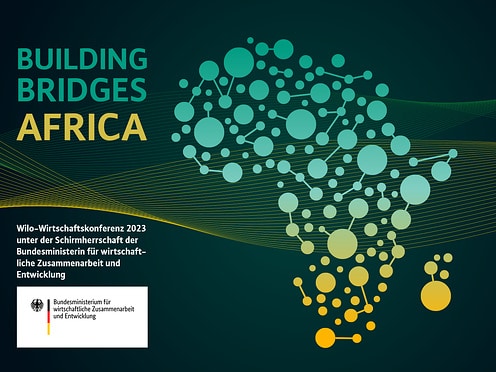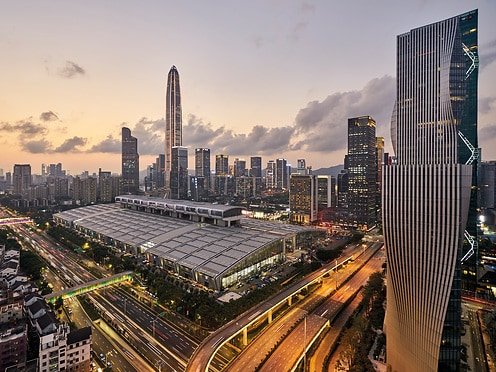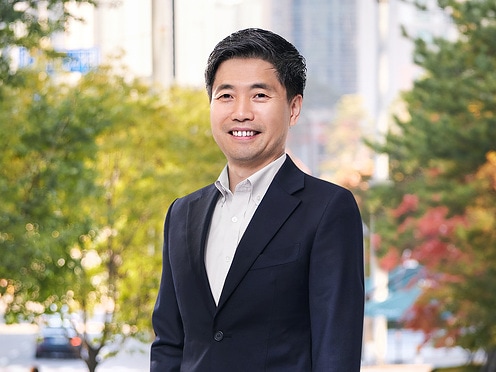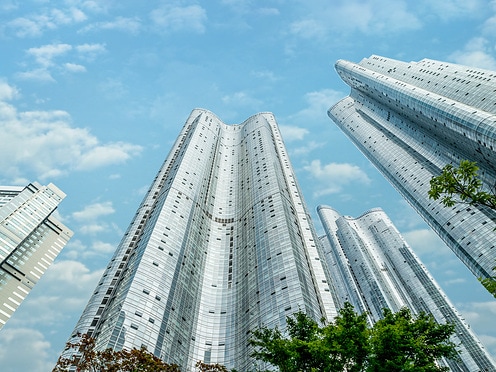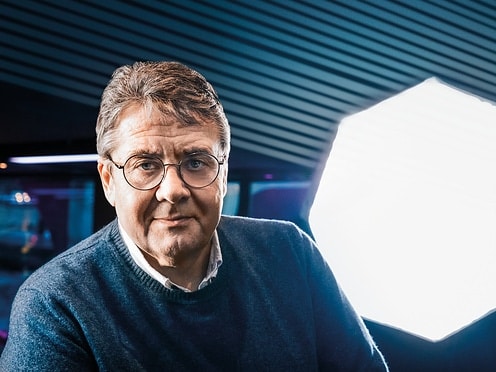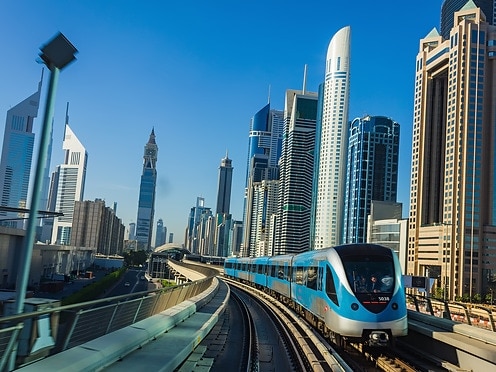Setting course for the future – Busan's evolution into a smart city
BUSAN, the second-largest city in South Korea, is strategically positioning itself for a significant leap forward in various domains. This includes population policies, urban development initiatives, and fostering economic growth. The city’s commitment to this transformation involves leveraging cutting-edge technologies and fostering partnerships between the public and private sectors.
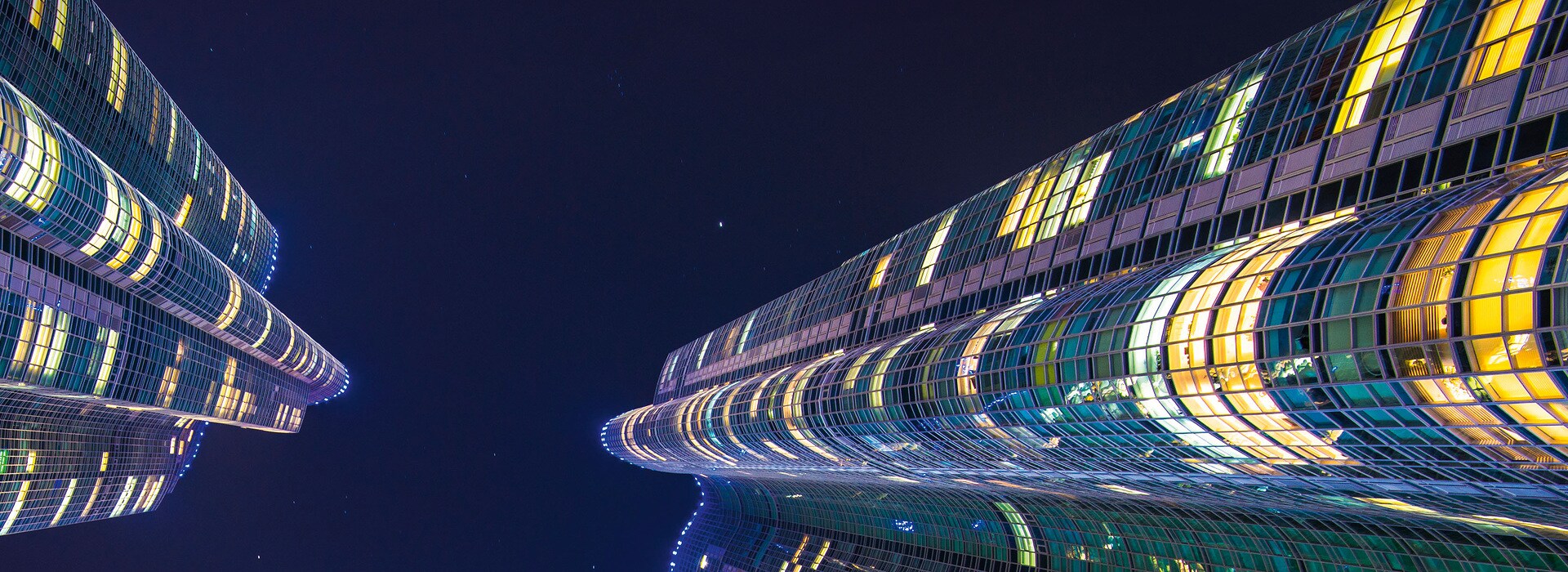
Busan’s history is symbolic. Busan laid the foundation for leaping from the ashes of war to becoming a surprising economic powerhouse in the world. Initially serving as the temporary capital during the Korean War as a recipient country from the world, Busan played a crucial role in laying the foundation for the national economy through traditional manufacturing industries.
Over the course of 70 years, South Korea has turned into a donor country and has ranked as high as 7th in the global economy. Busan has since become a major port city, boasting the seventhlargest port in the world called Busan Harbor. The city seamlessly combines a modern yet traditional city centre and a sophisticated urban environment. In addition to its symbolic role as a tourist city, Busan recently also started positioning itself as a “worcation” city targeting digital nomads. Busan is notably aiming for an industrial structure transformation through the adoption of Fourth Industrial Revolution technologies. Its development is pivotal for achieving regionally balanced growth alongside Seoul, serving as a counterforce to capital-centric development and providing an opportunity to enhance global competitiveness.
In pursuit of these goals, Busan is focusing onm three major development projects. Firstly, it anticipates the completion of the construction of the Gadeokdo New Airport by 2029, aiming to become a hub for Northeast Asia’s quadruple combined logistics. Secondly, the redevelopment of the North Port area is crucial for the revitalisation of the city centre area, enhancing productivity, and contributing to urban regeneration effects. Thirdly, Busan is preparing itself as an Eco-Delta City (EDC), a smart city area that confidently applies cutting-edge technology to improve citizens’ quality of life, manage energy efficiency, and focus on the aesthetic development of a waterfront city.
BUSAN METROPOLITAN CITY is building the Eco-Delta City (EDC) from scratch as the national pilot project for smart cities and a model example of future smart cities with the aim of addressing various urban challenges and promoting sustainable everyday lives of its citizens. The city government seeks to adopt state-of-the-art smart technologies in the Eco-Delta City and make it a model example of future smart city projects. At the heart of Busan’s strategic vision is the implementation of a smart city framework. This involves integrating advanced technologies to address various societal issues. The city envisions improving living conditions, particularly for the elderly, through enhanced healthcare management and an overall boost in the quality of life. Real-time disaster management, such as flood and fire responses, is integral to the smart city initiative, ensuring the safety of citizens. The EDC is located in Gangseo-gu, Busan, on the outskirts of the city. The purpose is to establish a national pilot city with integrated smart services in an area that was previously undeveloped. The goal is to create a leading model for future smart cities by transforming this blank canvas region into a demonstration city for advanced smart technologies.
Busan EDC will be built on approximately 2.8 square kilometres in the Sae-mulmeori area of Gangseo-gu. The planned population for this area is around 8,500 people. This project is a national pilot project, with the Ministry of Land, Infrastructure, and Transport overseeing the overall management and budget, as well as providing administrative support. The implementation of this project will be carried out by a Special Purpose Company (SPC) involving joint investments by the Busan Metropolitan City (KRW 20 billion), Busan Development Corporation (KRW 10 billion), K-Water (KRW 170 billion), and a private consortium (KRW 800 billion).
Busan EDC aims to operate the city based on data while concurrently establishing and operating innovative services in 25 sectors, including Mobility as a Service (MaaS), zero energy, healthcare, crime prevention, and robotics. Smart home systems are currently adopted in the Smart Village. The Smart Village (56 houses, residents started moving in in January 2022) has been receiving feedback from users to constantly improve the services. The project also aims to develop a leading district (177,739 square metres).
A smart village aims to pursue energy efficiency and zero energy consumption. It achieved an energy independence rate of 107 percent by using solar panels on rooftops and walls, and hydrothermal energy from streams. In addition, multiple smart city services are provided, including water purifiers on buildings, smart wristbands, smart mirrors, customised health services using AI robots, intelligent farms utilising rainwater and ICT technologies, automated recycling systems, autonomous driving-based road cleaning, and addressbased robot parcel delivery systems. Such smart housing services are expected to be provided to all citizens in phases going forward.
The smart city plan extends to environmental concerns, including water quality management in waterfront areas and parks. This multifaceted approach reflects Busan’s commitment to creating a sustainable and ecologically friendly urban environment.
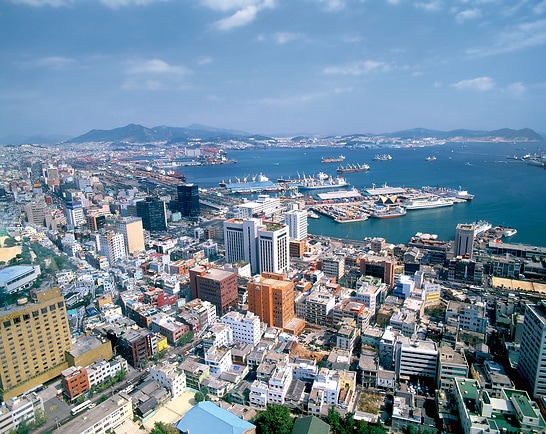
Busan harbour is the seventh largest port in the world and an important economic engine for the entire country.
THE SMART CITY INITIATIVE is not just about improving living conditions; it also presents economic opportunities. Busan aims to create a new industrial ecosystem by leveraging the success of the smart city model. The Smart Village and EDC are expected to serve as a nationally integrated platform to demonstrate new technologies and test beds developed by small and medium-sized businesses including start-ups, to test infrastructure from public institutions, and to develop new markets with a regulatory sandbox in order to build the ecosystem and establish the prerequisites for business transformation.
The EDC is also expected to establish an AIbased, intelligent, and innovative smart city platform and infrastructure by identifying individual citizens’ demands in real-time and providing optimal services through a data-based approach that fosters the ecosystem and creates new services by linking data, promoting convergence, and offering smart distribution of goods. By accumulating data and opening the test bed to the private sector, projects demonstrating smart city-related technologies used by small and mid-sized businesses could be put out to tender to encourage start-ups.
Busan has been proactive in utilising technology to address various social issues. However, South Korea as a whole still leads in technology application through central-government-led calls for tender and pilot projects. Busan actively participates in central government projects, submitting proposals and being selected to enhance the smart device and city smart index. This effort has been ongoing since 2015 and has achieved notable successes.
Through the Smart City Demonstration Site Creation Project, Busan has implemented initiatives such as Smart School Zone Pedestrian Safety Detection, Smart Parking Services centered around public car parks, and Safe Notification Services for students commuting to and from primary schools. The city continues to develop and operate technologies related to smart cities. While a comprehensive evaluation is challenging, these initiatives demonstrate Busan’s commitment to improving its smart index.
Due to Busan’s geographical characteristics, with many mountainous areas, there is a focus on addressing transportation challenges for vulnerable groups, particularly the elderly residing in high-altitude regions. Busan has implemented Smart Bus Stops with facilities for individuals with impaired mobility, Smart Navigation Kiosks with braille pads and sign language videos inside the city’s underground railway system, and Smart Poles for pedestrian safety using LiDAR sensors at pedestrian crossings. This is part of the Smart City Challenge project, a national initiative spearheaded by the Ministry of Land, Infrastructure, and Transport from 2020 to 2023.
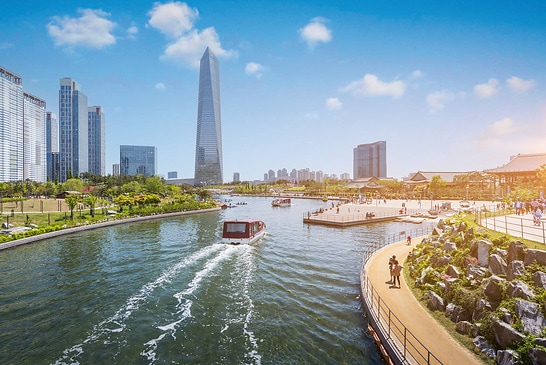
Busan is not the only smart urban project in South Korea. Future-oriented urban concepts are also being tested and implemented in Songdo City, near the capital Seoul.
Despite these efforts, challenges persist, including the slower adaptation of the elderly to smart devices and digital literacy, and a noticeable gap with regard to the younger generation. To address these issues, a focus on administrative management, bridging the digital divide, and developing user-friendly services is essential.
In addition, Busan is actively exploring IoTbased big data-driven care services for single-person households to prevent issues related to ageing and the increasing number of single-person households. This project, part of the Ministry of Science and ICT’s 2023 pilot project, demonstrates a potential application in the EDC.
Furthermore, Busan has a Smart City Integrated Platform through CCTV control centres in the 16 districts, sharing real-time disaster and crime scene videos with institutions such as the police, fire department, and Ministry of Justice. The city is also running IoT-based floating rubbish collection facilities on waterways. These services are part of the Smart City Innovation Technology Discovery Project spearheaded by the Ministry of Land, Infrastructure, and Transport in 2022 and 2023.
Lastly, the establishment of the “Busan Metropolitan City Smart City Plan” (2023–2027) outlines Busan’s future vision as a green smart city. It presents a guide for various smart city services, integrating new technologies to create an ecosystem for public–private collaboration. This local government-led direction aims to provide a future vision and long-term development strategy for Busan.
The total project cost of the EDC is envisioned at KRW 5.6 trillion. To facilitate the smart city project, which requires significant amounts of investments, the Busan City Metropolitan City intends to create an SPC (special purpose company) jointly operated by the public and private sector to fully utilise creative ideas and innovative technologies from the private sector.
HOWEVER, THE JOURNEY towards becoming a smart city is not without obstacles. Budget constraints, collaboration challenges with private sector Special Purpose Corporations (SPCs), and the technological adaptation of citizens are acknowledged as ongoing issues. As a representative in Busan City Council, I can confirm there is a commitment to addressing these challenges. The focus is on overseeing the stable introduction of new technologies, even in the face of initial costs, with a dedicated effort to ensure the sustainability and resilience of the infrastructure.
In conclusion, Busan is striving for its second leap forward. The city’s advancement in various aspects – including population policies, urban development, and economic growth – requires a collaborative effort between technology and public–private partnerships. The urgent need for Busan’s transformation to play a pivotal role in resolving the concentration of the population in the Seoul metropolitan area and promoting balanced regional development is evident. The implementation of a smart city serves as a model for Busan’s leap forward, addressing various societal issues faced by the city and the region.

Jiyeon Suh is a member of the Busan Metropolitan Council and Chairwoman of the NGO SWIMPYO.
Through improved living environments that support the health of and quality of life for the elderly, real-time disaster management addressing safety issues such as flooding and fires, water quality management in waterfront parks, and the enhancement of convenience in daily life to attract the younger population and encourage rising birth rates, Busan’s smart city initiative is poised to create new opportunities for building a sustainable industrial ecosystem. Once the successful model of a smart city is established, it can be utilised as a revitalisation strategy for city centres in various urban areas, serving as exemplary models for different local governments.
However, challenges such as budget constraints, collaboration issues with private sector SPCs, and the technological adaptation of citizens persist and need to be addressed. As a member of Busan City Council, I am committed to overseeing and managing the stable introduction of new technologies, even if it involves initial costs. The focus will be on ensuring the sustainability and durability of infrastructure, along with development that reflects current trends, despite the challenges that still need resolution.

